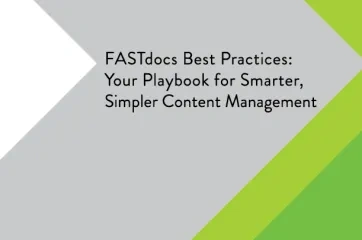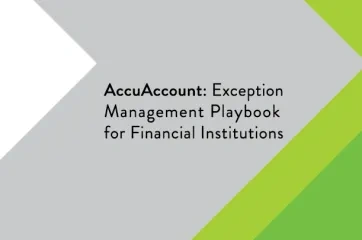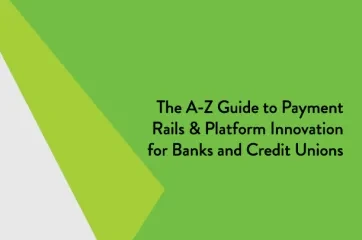What is an Adverse Action Notice in Banking?
An adverse action notice is a document sent to a loan applicant stating a bank or credit union’s rationale for denying a loan. It may also contain a counteroffer, such as a lesser amount or a request for an approved co-borrower.
The notice usually includes:
- Adverse action taken
- Original amount requested
- Loan type – Auto loan, commercial loan, etc.
- Reason for adverse action – Financial institutions customarily cite up to four. Example reasons may include a low credit score, insufficient income or collateral, or a recent bankruptcy. A bank or credit union may also conclude that it does not have the proper information to offer a loan.
- Credit agency used for credit report (if generated)
Additionally, adverse action documents are sent to existing account holders when a financial institution makes the decision to reduce or close an active line of credit.
Informing Applicants of Adverse Action
Banks and credit unions have a set period to either approve or deny a loan application. In general, financial institutions develop and use a standard form for communicating the adverse action to the applicant (or current borrower). A loan officer simply chooses the adverse action type and the appropriate reasons from a list. Alternatively, some banks and credit unions opt for a letter instead of a form. In either case, one copy is then sent to the applicant/customer or member, and another is stored by the institution.
Retaining Adverse Action Notices
Financial institutions must keep adverse action documentation in accordance with their document retention policies. Examiners often ask to look at the best loans that were denied by the bank or credit union and the worst loans that it approved. This is done to assess both compliance and fair lending practices. Adverse action notices can be stored either physically or electronically.
With a digital loan approval system, such as our AccuApproval product, adverse action notices can be scanned in and shared internally, saving both physical space and examination prep time. Users can also opt for denied loan applications to receive a second review before the determination window expires. Such an approach helps banks and credit unions streamline the management of adverse action notices and, in many cases, elevate compliance.
Loan Management Resources
For more information about lending and loan management, be sure to check out our extensive Innovation Hub with free spreadsheets, whitepapers, and eBooks.
You can also browse our banking definitions page for more terminology.







